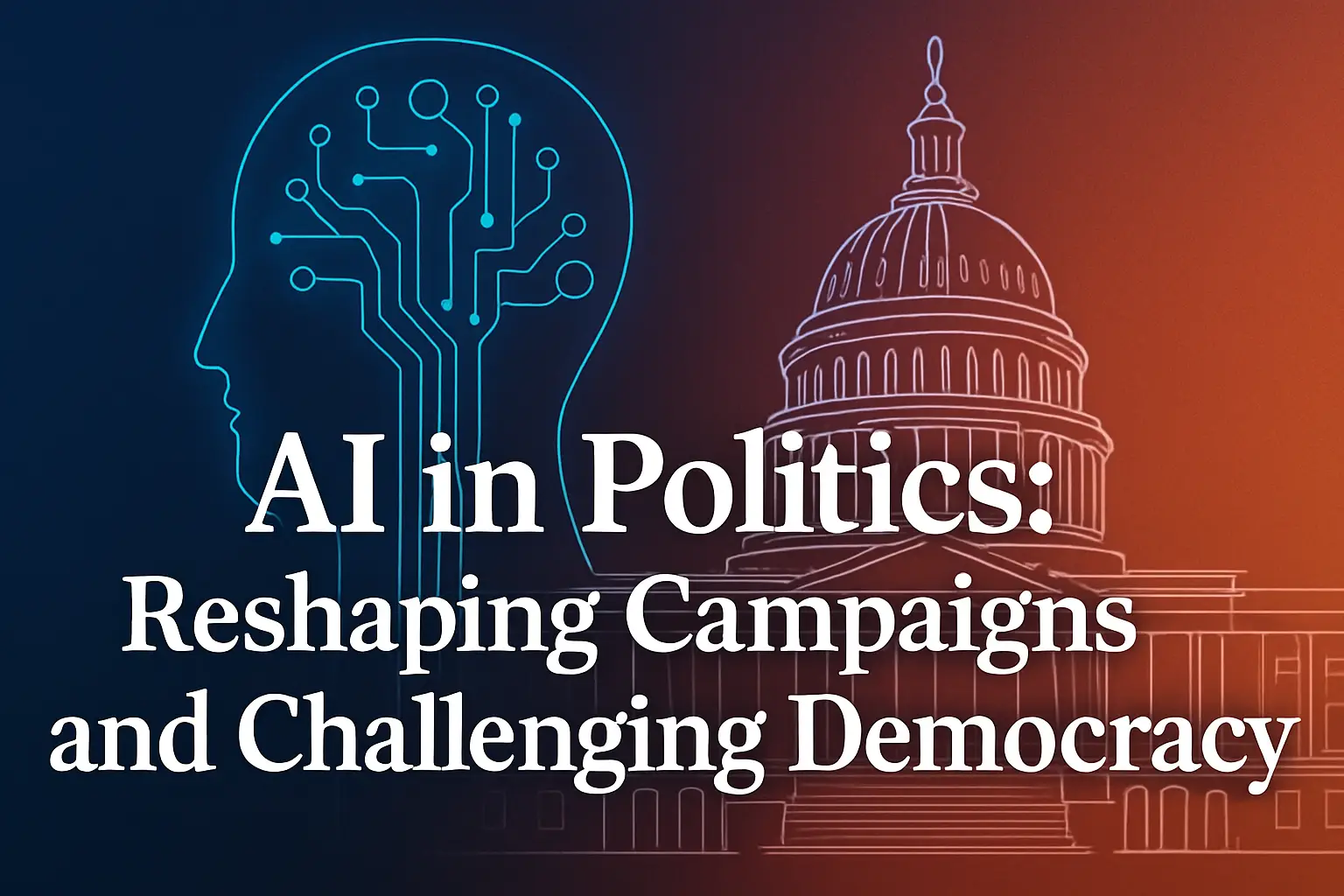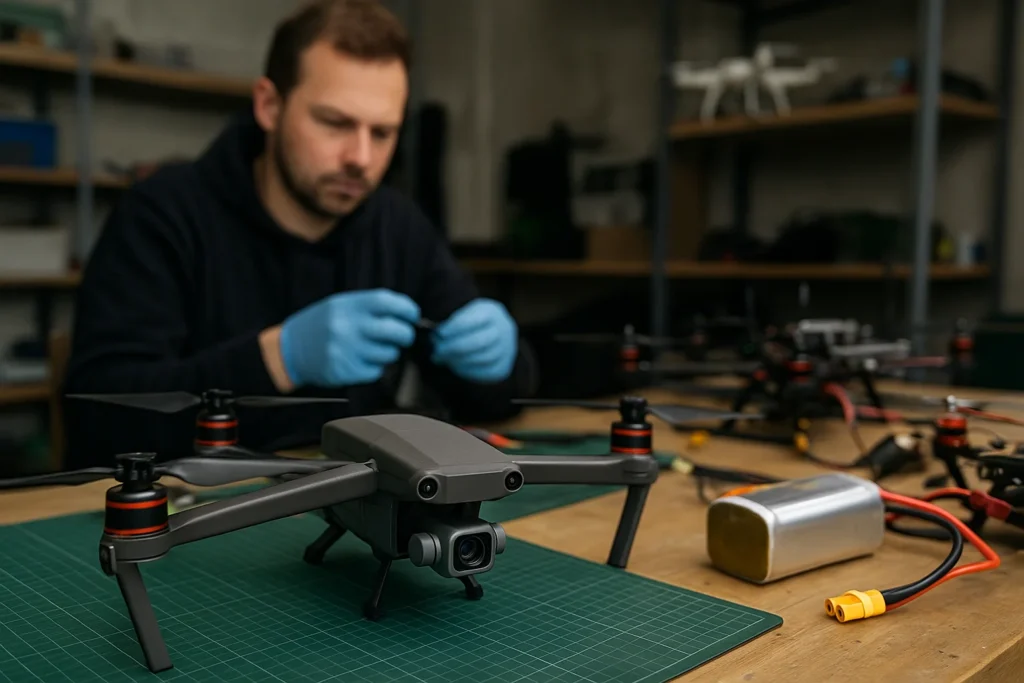AI in politics is no longer a distant idea; it is a disruptive force undermining the foundations of democracy. From personalized propaganda to deepfake weapons, artificial intelligence is transforming campaigns into algorithmic wars. While mainstream voices describe this as “innovation,” I see manipulation that corrodes truth, trust, and choice.
Context: mainstream narrative of AI campaigns
The political establishment praises AI for efficiency. Campaigns deploy chatbots, automated ads, and content generators to target voters more precisely than ever. In 2024, consultants hailed AI as the “new pollster,” replacing door-to-door canvassing with microtargeted emails and AI-written speeches. Governments, too, tout detection systems as proof they can handle disinformation. The official narrative is that AI improves outreach and modernizes democracy.
But mainstream optimism ignores darker realities: manipulation, surveillance, and the weaponization of synthetic media.
Oppositional Argument: why this is dangerous
I argue AI in politics is not democratization — it is domination. When algorithms dictate the tone and timing of campaign messages, human deliberation disappears. Speed replaces substance. During the 2023 Argentine election, AI-generated images of opponents went viral before fact-checkers could react. In Bangladesh in 2025, synthetic political videos made up nearly 20% of election misinformation. These are not marginal glitches; they are systemic failures.
Even in stable democracies, AI amplifies foreign interference. Canada’s 2025 federal race saw intelligence agencies warn that hostile states used generative AI to sway diaspora voters. The evidence is clear: artificial intelligence is a political weapon.
Analytical Breakdown: causes and consequences
Deepfakes as political weapons
AI-generated audio and video are indistinguishable from reality. By the time truth emerges, the damage is done. Misinformation spreads faster than corrections, leaving voters cynical and misled.
Algorithmic propaganda and voter manipulation
AI-powered bots create illusions of consensus, pushing narratives that appear organic but are manufactured. Leaked U.S. reports revealed at least 24 AI-driven smear campaigns targeting minority groups through synthetic content. “Malicious AI swarms” now test narratives in real time, adjusting and attacking faster than regulators can respond.
Policy chaos and corporate denial
Public backlash is rising: surveys show 80% of Americans fear AI’s impact on elections. Yet legislative responses remain fragmented. The TAKE IT DOWN Act attempts to ban non-consensual synthetic imagery, but tech companies fight restrictions in court, citing free speech. Platforms like X sue to overturn state bans on political deepfakes, prioritizing profit over democracy.
Structural mismatch: democracy vs. AI speed
Democracy is slow by design: debate, scrutiny, voting. AI campaigns are instant, overwhelming institutions with a flood of manipulative content. This mismatch erodes informed choice and reduces elections to contests of algorithmic velocity.
Human Perspective: voters and victims
For ordinary citizens, the impact is devastating. How can voters trust anything they see or hear when deepfakes flood timelines? Immigrant communities are especially vulnerable, often targeted with language-specific disinformation. Candidates, too, become victims, their identities hijacked by synthetic lies.
Counterarguments
Defenders claim AI empowers small campaigns and educates voters. But empowerment without safeguards is exploitation. Information abundance becomes noise, not knowledge. Some argue regulation risks censorship, yet unregulated AI already silences truth by drowning it in fakes.
Conclusion: a call to resist algorithmic democracy
AI in politics is not progress — it is a threat. If unchecked, machines will dictate what voters believe, turning democracy into a simulation. The response must be bold: enforce transparency, mandate disclosure, build detection tools, and educate citizens. Without this, elections will collapse into algorithmic echo chambers.
The time to act is now.
External Links
268 views






